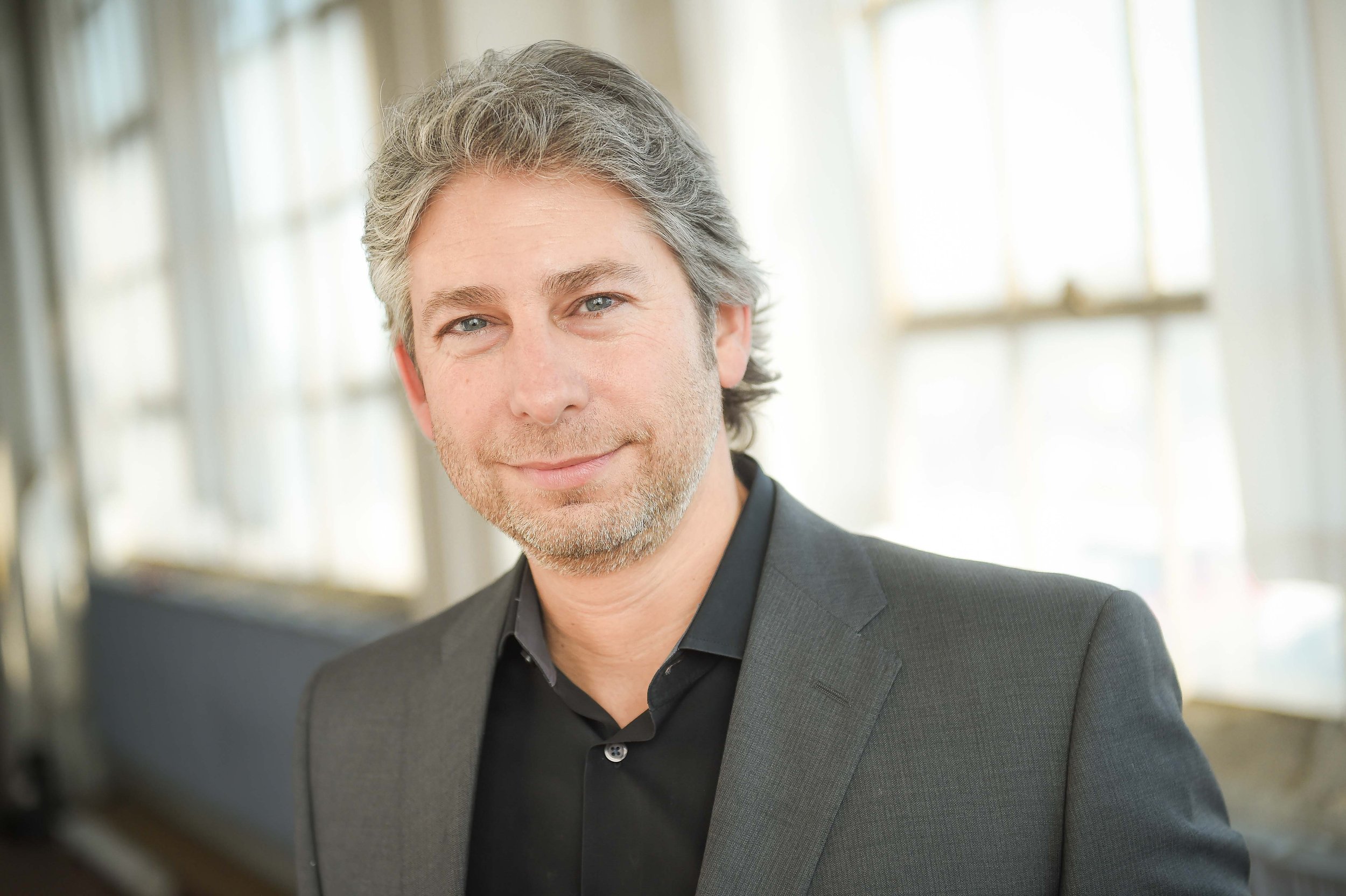A young woman is suing a Grand Rapids, Michigan, church for failing to protect her as a child.
A young woman is suing a Grand Rapids, Michigan, church for failing to protect her as a child. 21-year-old Marian Ippel alleges that the Grace Christian Reformed Church and its affiliates fostered an abusive environment.
However, Ippel’s case is unique in the sense that it centers around traumatic memories recovered by psychotherapy.
Throughout her childhood, Marian Ippel seemed to thrive in school and was supported by a loving family. Underneath this carefully crafted facade, Ippel felt overwhelming anxiety that resulted in suicidal thoughts. At age 16, she began “Lifespan Integration therapy,” which involves conscious examination of memory in order to heal from past trauma.
Ippel says that this therapeutic approach allowed her access to memories previously repressed for years.
According to the lawsuit, she was able to recall an incident with a deacon after a Sunday children’s worship service in 2006. Ippel remembered wearing a pink, green, and white dress as she was “led by the hand to the basement” and sexually assaulted before being sent back upstairs to her parents.
“Around this same time, Marian’s mother remembers finding blood in Marian’s underwear,” the suit says, “but could not fathom why this was so.”
The deacon named in the complaint died in 2010. The abuse did not end with him, Ippel alleges.
At 4 years old, during a church mission trip in Guinea, the “12-year-old son of another missionary family began sexually abusing her.”
The Christian Reformed Church has close to 230,000 devoted followers in North America. It also has known of a history of abuse within its member churches, according to the suit.
The first survey of its members found that 28% of adults said they had experienced physical, sexual or emotional abuse; 15% of adults said they had abused another person physically, sexually or emotionally; and children under age 12 were at “greatest risk” of abuse.
After recovering these painful memories in 2020, Ippel was able to identify the source of her extreme anxiety. She felt validated in knowing that her recurring nightmares and fear of yearly physicals were the result of something that had happened to her when she was young. “Even though it happened almost 20 years ago, it has had a devastating effect on me since then,” she said.
Arizona sex abuse attorney Lynne Cadigan said recovered memory cases can “test the bounds of such litigation because they require judges and juries to scrutinize an accuser’s credibility.” This process can be incredibly damaging for survivors who already struggle under the weight of fighting to be heard and believed.
“Recovered memory cases are difficult because you may need corroborating evidence, particularly when a child is very young… It requires a lot of investigation into the perpetrator, finding out if there were other victims, other witness statements and could the perpetrator have had the opportunity to do this,” Cadigan said.
Although Marian Ippel is the only person to have come forward publicly against her alleged abusers, her lawyer believes that there are others who have experienced similar abuse. Ippel is grateful for the chance to share her story and hopes that her bravery can help others. “This is not something I need to defend,” she said about her past.
“A 3-year-old child [is] incapable of having a voice,” Ippel said. “That’s part of why it’s so important for me to be doing this. I do have a voice now.”
Authors: Andy Goldwasser and Alexis Kabat

